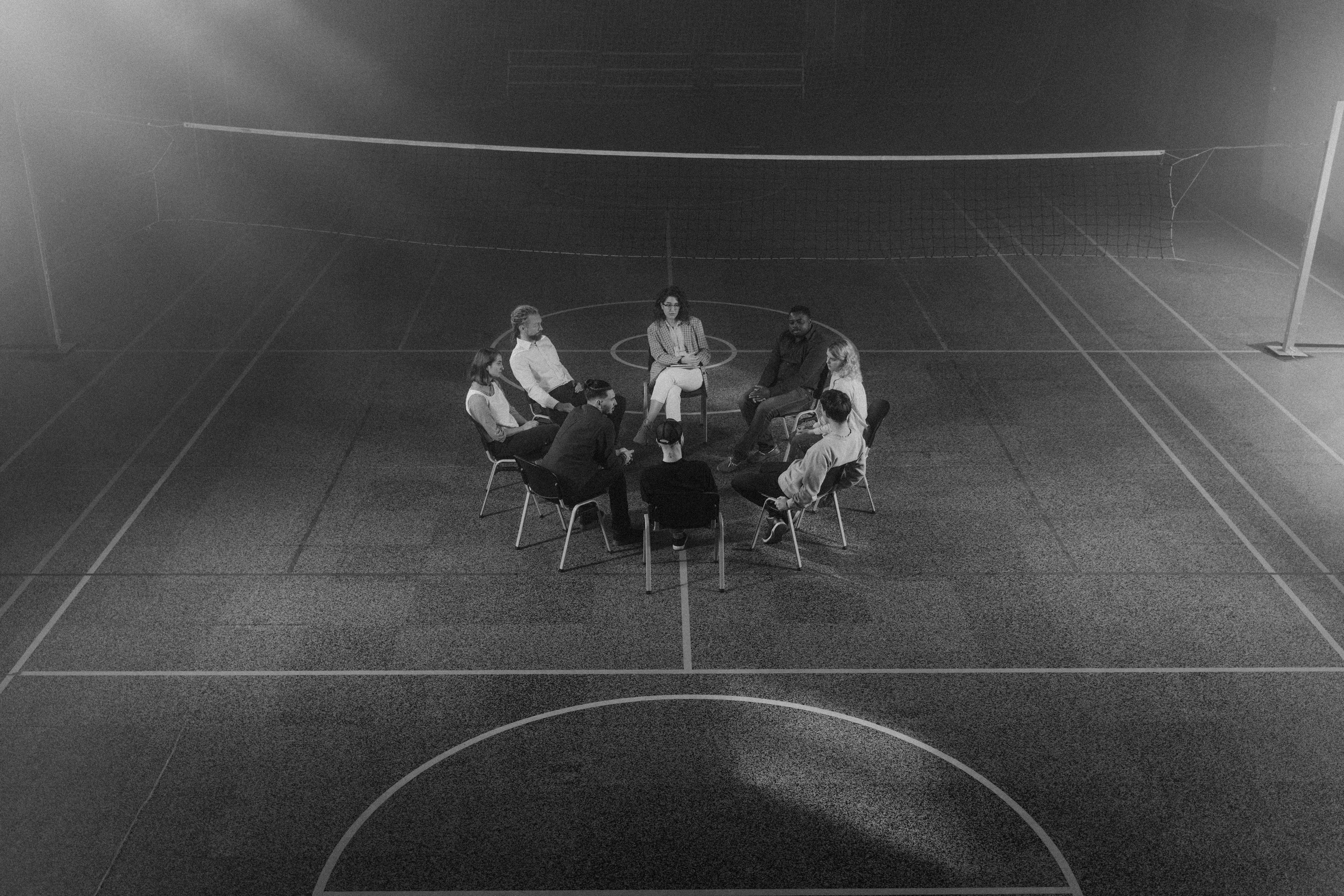1 – The number one fear among all people is rejection.
2 – The number one need among all people is acceptance. Dr Phillip C McGraw
A child’s greatest fear is being unloved and abandoned by their parents. Haim G. Ginott, MD
Right! That is all! I go now! Bye! A million parents around the world when their child doesn’t want to leave the playground.
It may seem unnecessarily extreme, not to say humorless, to suggest that this latest quote can qualify as an abandonment threat, after all, no parent really medium it’s. The truth is that our son doesn’t know it, and as you can see from the quotes from McGraw and Ginott, the latent fear of abandonment and rejection is one that it would be safer never to underestimate.
Neither in jest nor in anger should a child be warned that he will be abandoned
Dr. Haim Ginott, between parents and children
If our child lingers at the park, library, or toy store, instead of resorting to frustrated threats, it’s better to calmly (insistently?) take her hand and pull (drag?) her out while saying, “I see that you’d like to stay longer. The thing is, we have to do such and such. You wish you could stay.”
If our child repeatedly has to come home to an empty house, there are several things we can do to make the ordeal less painful. It could be good for:
- Leave a friendly note.
- Leave a recorded message.
- Call them on the phone.
It’s a tough challenge, keeping the demons of rejection in kids at bay, and not one that parents are always going to succeed at. Opportunities for this arise almost every day.
One morning last week I heard Beth coming down the stairs. We play this occasional game where I crouch behind the closed kitchen door and wait for her to open it; she fakes surprise to see me there and she does this fake scream. This particular morning the door was open, so when I heard the stairs creak I went to close the door. Beth saw me doing it and immediately turned on her heel and retreated up the stairs. I went upstairs and found her lying on the bed in melancholy silence. She was obviously upset.
“You came downstairs and you saw me close the door,” I offered, as I sat down on the bed next to her. “It’s horrible to feel that they don’t love us.”
She nodded imperceptibly, and then, moments later, perked up with a smile, “I’m fine, now.”
It may not always be that easy, but with a little thought, and a determination to take the dormant fear of abandonment seriously, parents can do a lot to protect their children from rejection anxiety.



